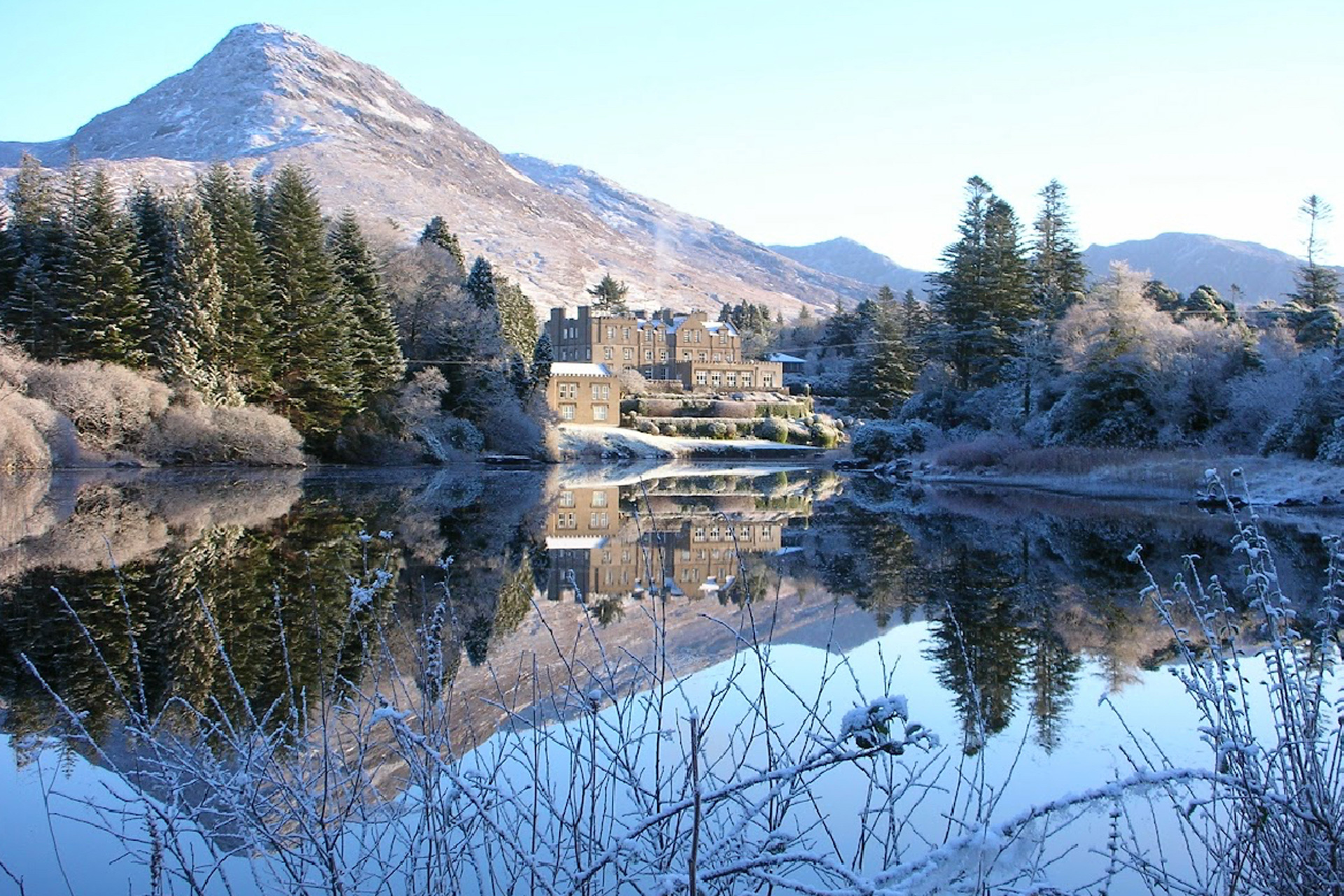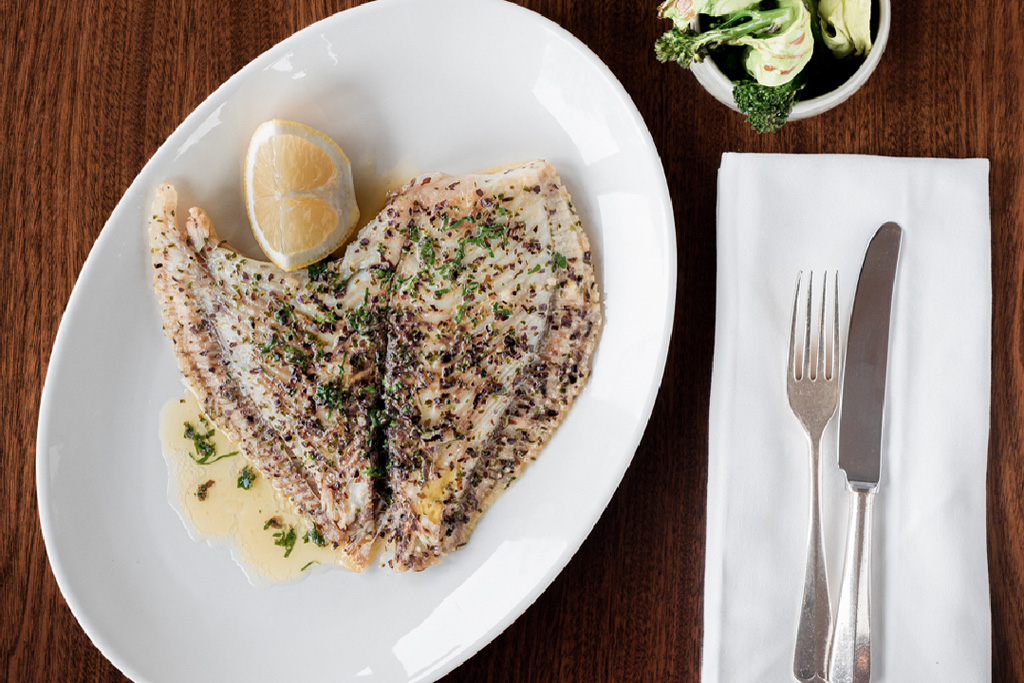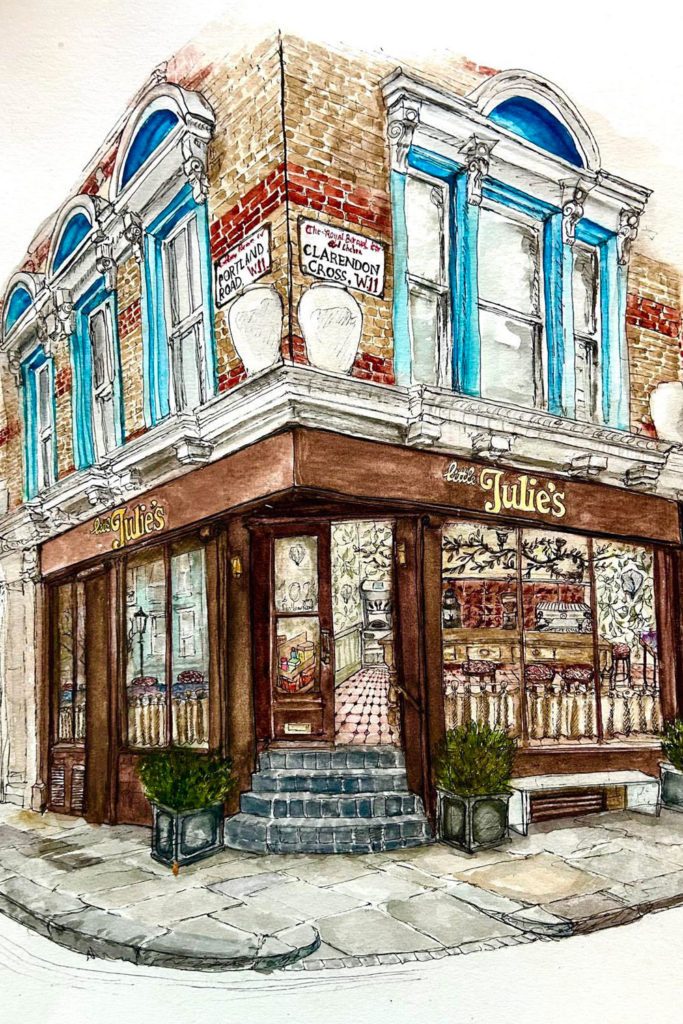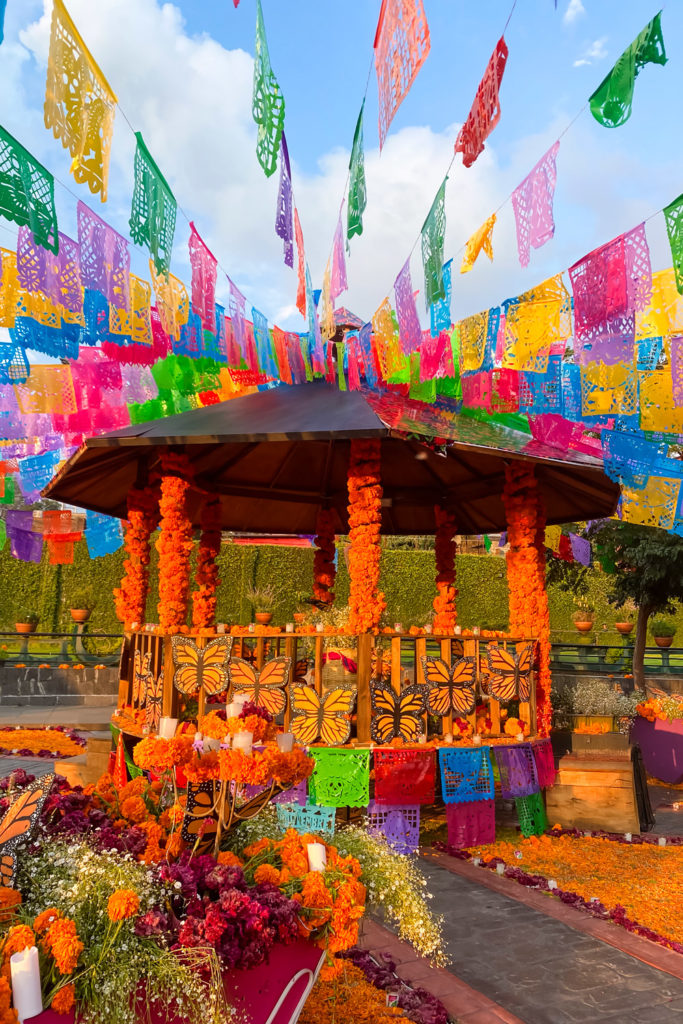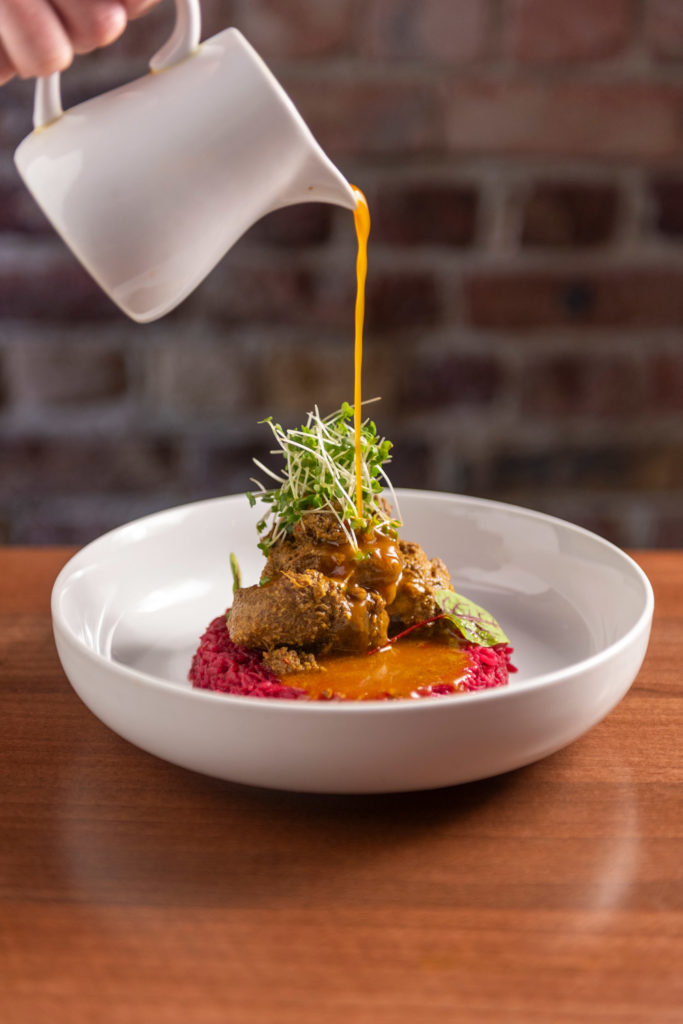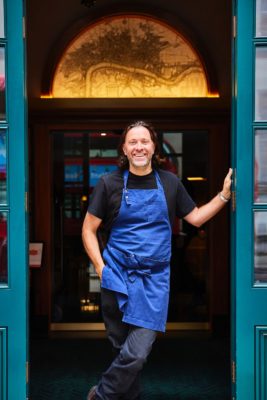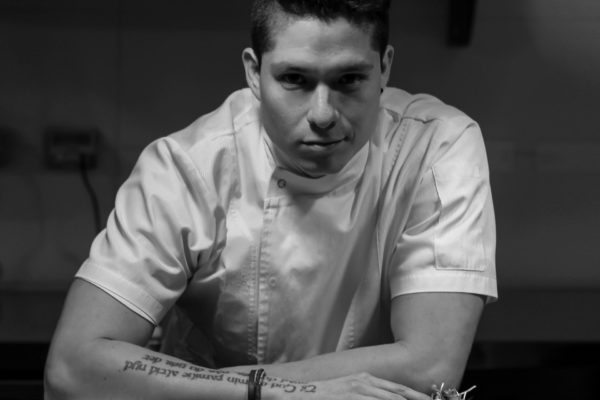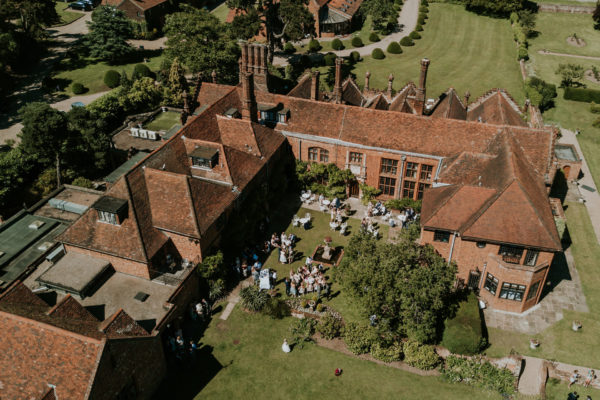
5 Minutes With… Danni Barry
By
1 year ago
We meet Ballynahinch Castle's executive chef
Danni Barry is one of Ireland’s most exciting chefs. Born in County Down, she began her culinary career at Michelin-starred restaurant Deanes, before going onto work under Raymond McCardle at Restaurant 23. After a stint with Simon Rogan, Danni opened her own restaurant, Eipic, which went on to secure a Michelin star. Nowadays, you’ll find her at the helm of Ballynahinch Castle, a luxurious hotel in Connemara. She was also recently selected as ambassador for Relais & Châteaux’s annual Food For Change campaign, which aims to protect local biodiversity and culinary heritage.
Interview With Chef Danni Barry
What does gastronomy mean to you?
Literally, I guess gastronomy is a science, it is the study of and the connection between choosing, preparing and enjoying good food. To me it is about knowledge and craft and is rooted in cultures and traditions. The gastronomy of a region will tell you the story of its land and its people.
What are your favourite ingredients from the west coast of Northern Ireland?
The west of Ireland is a beautiful part of a small island and provides the kitchen here at Ballynahinch with an impressive larder. A lot of our cheeses come from a few small artisan cheesemakers with goats, sheep and cow milks. Our own kitchen garden on the estate dictates the menus for 90 percent of the year – we try to preserve as much as possible also for those winter months.
We have a large coastline, providing some absolutely world class seafood, shellfish in particular. We source our crab from a traditional fishing village called Cleggan – it is one of my favourite ingredients and can be found on most of our menus. Mussels also come from the clearest waters in Killary Fjord only 30 minutes from the hotel and are so fresh and flavourful. When in season, connemara lamb and venison will always be on our menus.
Why is it so important to cook with the seasons?
I feel very connected to seasons and ‘real’ seasonality since being at Ballynahinch and working with the garden team to supply the kitchen. The climate is changing, and the seasons are too so we as chefs need to be engaged and flexible to get the most out of each month of the year.
When I cook at home, the time of year and weather will influence what I would like to eat, so it makes perfect sense when designing menus for our guests that we take the same approach and usually you will find that it ties in with what is in abundance at that time. From a commercial perspective, it also makes sense not to pay over the odds for an ingredient that you need to have flown in.
Tell us about Relais & Châteaux’s annual campaign Food for Change. What is their Plant the Future initiative?
Plant the Future is a campaign designed to encourage and promote the transition toward a more plant forward cuisine. It is important that we make necessary changes now to secure food for the future. We are privileged to work in a field that allows us to use amazing ingredients and be creative and cook menus that are diverse and offer guests choice. The role we play as chefs now in working sustainably will ensure that gastronomy continues to evolve into the future.
I have seen many trends since becoming a chef, from classic French to Asian fusion and molecular gastronomy. I believe that conscious gastronomy will be the next stage and Relais & Chateaux offer great resources as well as support for the chefs in the group to work this way.
Does your own farming heritage help benefit your culinary present and future aspirations?
Being raised on a farm myself, I have always had a good understanding of not just where food comes from but also the commitment and hard work it takes to produce it. Farming is not an easy career path but having that connection to the land and to food is so admirable. I feel now as a chef I have a responsibility and the opportunity to support local farmers to ensure that it is a viable career for them, as well as rewarding. Chefs choosing to use more vegetables created a demand for different varieties; it encourages innovation in terms of what they cultivate as well.
Is there more authenticity in a menu using a known food supply chain?
For me, good ingredients are the most important thing in the kitchen because they are the very source of a chefs’ creativity, resulting in delighted guests. A super-fresh product, whose origin is known as well as who cultivated it, is treated with much more respect in the kitchen than an industrial product from an impersonal box. By choosing to use fresh, local and seasonal ingredients, combined with the garden on our own estate, the menu almost writes itself, in an authentic way. The beauty of seeing a carrot while walking around the gardens and then on your plate at dinner offers a unique dining experience.
Who or what inspired you at the beginning of your career?
At the beginning of my career, I would have been really inspired by well-known chefs, Michelin-starred restaurants and the craft of learning to cook. The environment and camaraderie of restaurant kitchens really drew me into the industry.
As I gained experience and have worked in many different countries and restaurants, I have become much more passionate about ingredients and produce. Nowadays my inspiration mostly comes from the farmers, fishermen, producers I work with at the hotel. They, along with my team, working towards the future, cutting out waste and plastics all keeps me driven and inspired to think creatively.
How will you be celebrating Christmas this year?
Christmas in Ballynahinch Castle is rooted in tradition and it’s a very special time of the year for us. This Christmas I will be celebrating with my team and cooking lunch for our guests in the hotel.
Danni is the executive chef at ballynahinch-castle.com

